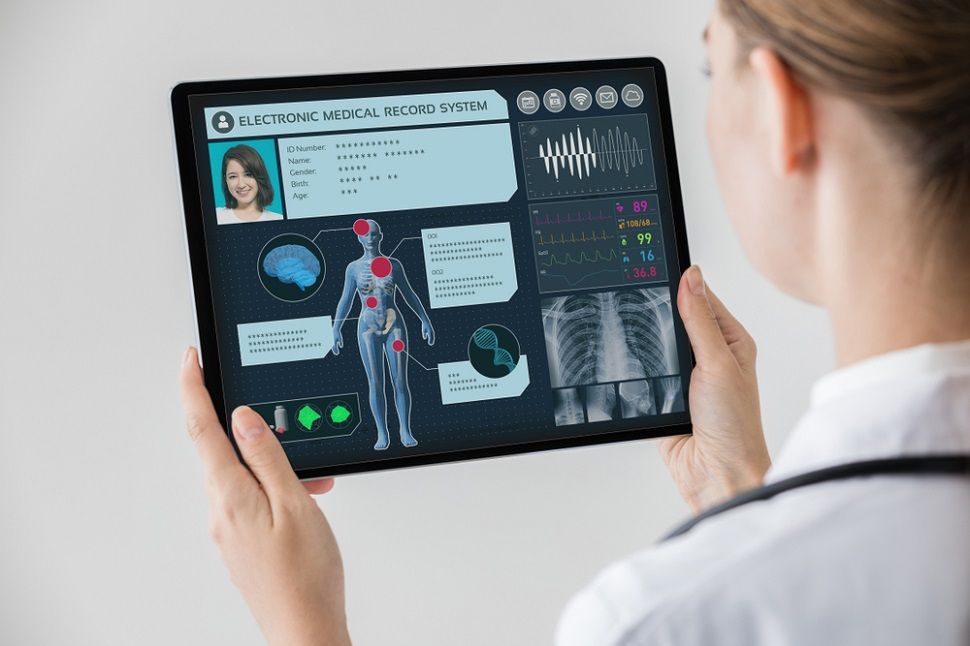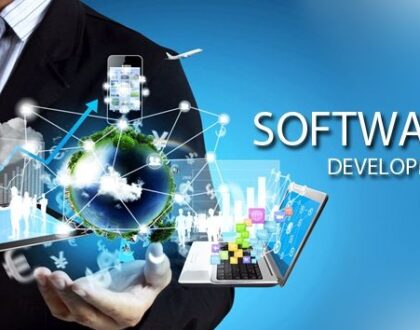What You Need to Know About Healthcare Software?

About Healthcare Software
The complexity of providing health care necessitates complex computer and software systems to support the work of doctors, their staff, and other medical industry members. You don’t have to be a computer scientist to understand the complexities of healthcare data standards and systems that help people communicate and share critical medical information. However, becoming somewhat acquainted with the technology that allows us to share essential patient facts and statistics with other healthcare software is beneficial.
Healthcare software, also known as HIMS healthcare information management systems, is intended to assist healthcare providers in collecting, storing, retrieving, and exchanging patient healthcare information to provide better patient care.
Frequently driven by compliance, these technology projects can necessitate significant time and resource investments. Providers should consider three considerations when selecting and implementing a healthcare management system.
Organizations must evaluate two types of healthcare management systems: Electronic health records (EHR) and practice management, depending on business size, needs, and compliance requirements.
Software for Electronic Health Records (EHR Software)
EHR software is the most commonly used IT software in hospitals and clinics. CRM is similar to EHR but is explicitly designed for the healthcare industry.
EHR software also refers to patient data collection, including patients’ personal information, medications they take, doctor’s recommendations, and previous procedures.
More advanced EHR systems include financial modules for invoicing and payments and a messenger for internal hospital and patient communications. Healthcare software also consists of a patient portal where patients can access their consultation history, medical records, and prescriptions.
Many healthcare providers are transitioning to EHR systems to meet Healthcare compliance, while others are doing so simply to modernize their operations.
Small and midsize medical practices typically use practice management software solutions linked to EHR systems to organize specific details about patients and the care they receive from the procedure.
Theses Healthcare software provides a wide range of software designed for specialization, such as Telemedicine Management Software, Pharmacy Management Software, Employee Management Software, Human Resource Management Software, Customer Relationship Management Software, and Contractor Management Software.
There is more to healthcare software than just an IT project.
Implementing a new technology infrastructure and digitizing clinical and patient data are only two aspects of the transition to a healthcare management system. There’s also a significant human component.
To ensure that businesses, nurses, technicians, and medical receptionists who use the system daily have a say in the design and receive the appropriate training. Also, they must have adequate time to prepare for what has been described as a significant shift in their work; they must be involved early in the process.
This necessitates providers to prioritize change management from the beginning of their Healthcare management system project.
Many businesses seek outside help to ensure a smooth transition to a healthcare management system. For example, they may use healthcare service providers with experience in healthcare management and business systems. If you are looking for such a healthcare service provider, you can contact us today.
Recommended Posts

A Pioneer Among Product Development Companies in Pune
August 17, 2023


